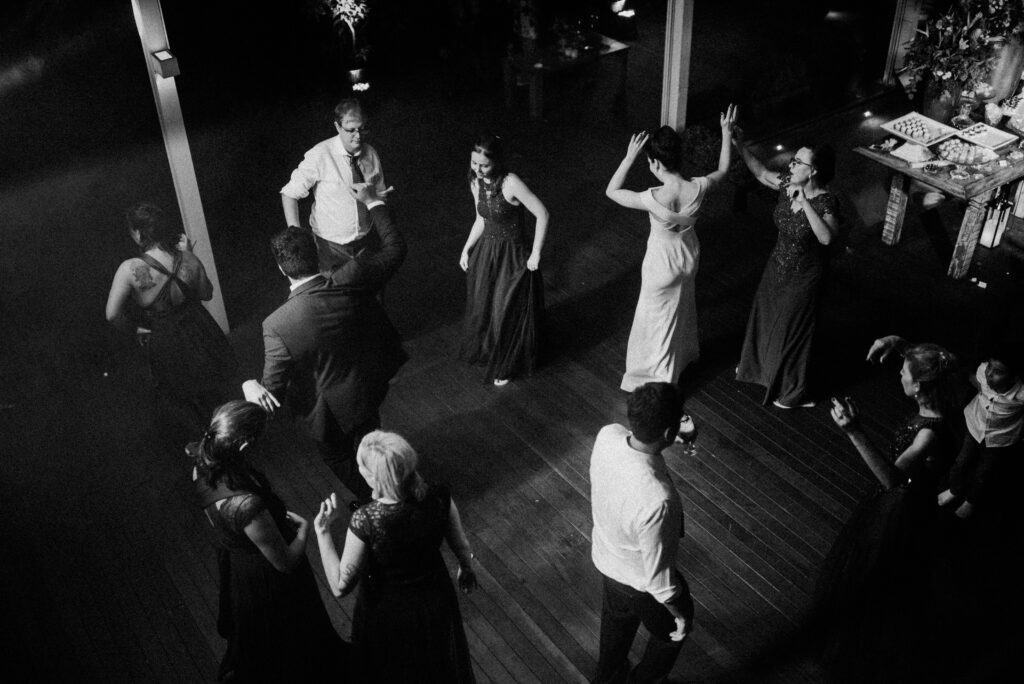
I came across this excellent blog post over at Off Beat Bride
“Think Twice Before Writing that Negative Vendor Review”
The article is written by a bride that was utterly unsatisfied with a wedding vendor. Like handfuls of other 21st Century brides, she took to the internet to share her horror story with the world:
“I was running high on rage, fueled by unbridled opinions of several family members and friends. It was a truly negative review, and, admittedly, somewhat uncouth.”
Enter the lawyers. Based on the wording of her post (which may have accused the vendor of theft), the wedding vendor sued the author for defamation.
“I was floored… A few short, hateful sentences translated into a potential lawsuit that could break our new family before we even had a chance to get started. In the end, the matter was settled by removing the review.”
The author describes the grief the lawsuit caused, the immense trouble it was to have the post removed, and the relief to put it behind her. Finally, she offered some words of wisdom.
“If you want to warn other potential clients about a vendor, do so with style and grace. Be careful of accusatory statements — posting that you were displeased with the services rendered is one thing; whereas posting that they stole your dress or car or grandma’s walker is a serious accusation and you should really be following up with the police, not a wedding blog. If a vendor is serious about pursuing legal action, they will do so. We were given an out — others may not give you that chance.”
I applaud this bride and commend her for telling this story. While most of us have used the phrase “It’s a free country!” when told that we cannot sing loudly in the family car, take the big piece of chicken, or sit on both halves of the sofa, it’s NOT A DEFENSE TO DEFAMATION. Even on the internet.
Defaming a professional or a company is not anyone’s right. Defamation is not protected under the First Amendment. Think of it like obscenity, threatening the president, telling the Commies our national security secrets, or shouting ‘this sucks‘ really loud during any public showing of Star Wars.
Defamation, by definition, is the publication of an untrue statement that tends to lower the reputation of the subject in the community. The statements must be verifiable as untrue, and not clearly an opinion. For example:
“The caterer’s chocolate raspberry tarte tasted like doo doo.” (Not defamation)
“I saw the caterer put human feces into the chocolate raspberry tarte.” (Defamation if untrue. And gross.)
Although I did not read the actual post, I have inferred that this is how the author got into hot water. I get calls from potential clients in the same situation, and it goes like this:
“The price this caterer charges is highway robbery! What a crook!” (Not defamation. Clearly not implying that a crime was committed)
“The caterer stole the flowers and vases after the ceremony.” (Defamation if untrue)
There is a distinction between an angry bride venting about terrible service, and a bride distorting the truth in order to damage the reputation of a wedding vendor. These distinctions are not always clear. The bride’s right to speak and the wedding professional’s right to their reputation can make for intense litigation.
Moral of the story for the wedding vendors out there: The law will not protect your feelings, or protect you if you truly did a bad job. However, you are protected from clearly untrue statements that affect your business.
